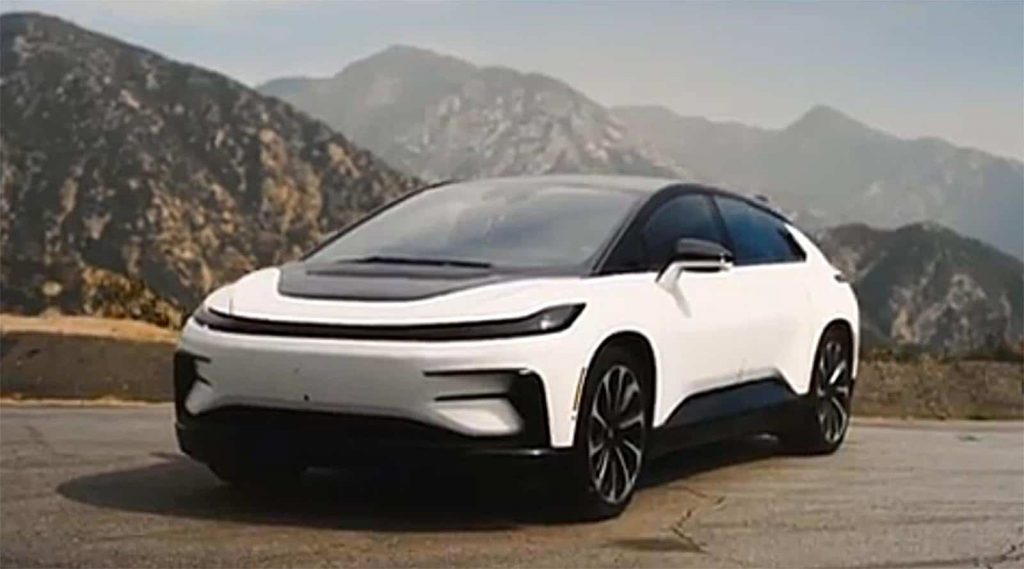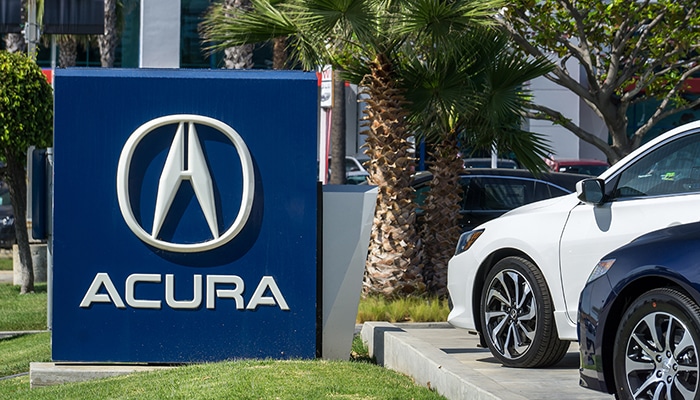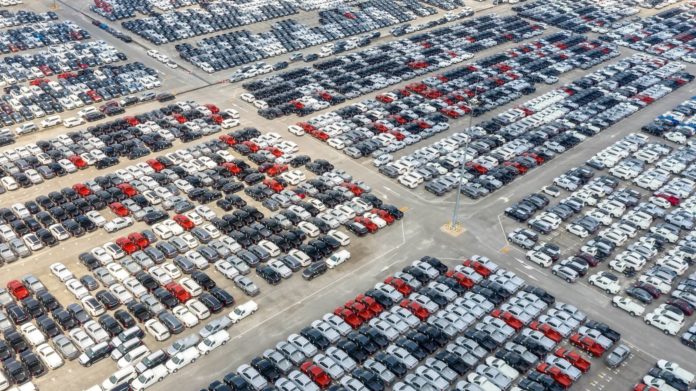Looking ahead to 2023, there are landmarks on the road ahead that are fairly easy to predict, and some that are harder to see in the distance.
Gazing into our crystal shift knob, here are 10 stories we expect to write in 2023 — though we’d be happy if several of them turned out in a different way than we expect.
We’re always cognizant that truth is stranger than imagination. As our dear departed colleague Paul Duchene used to say, “you can’t make this, er, stuff, up!”
Elon Musk is out as Tesla’s CEO
At the moment, this story looks like it might elbow its way into 2022, but Tesla’s Board of Directors has already swallowed seemingly interminable delays on the Cybertruck and second-generation Roadster, along with antics that would have gotten any normal CEO kicked to the curb years ago. With that in mind, Musk could survive courtesy of a hand-picked board that includes family members. Then again, Tesla’s stock crashing and burning like a self-driving Model S may be the final straw.
Faraday Future expires without building a single production vehicle
This one seems like another gimme right now, and there’s certainly cause to start an office betting pool on when Faraday will collapse and how many production vehicles they’ll make before it happens. Though we hope the company survives and succeeds, it’s definitely going to be a close shave. Preston Tucker made 51 cars before his company folded. Want to bet on whether Faraday matches that result?
2023 sees the greatest number of vehicles recalled in history
Here at TheDetroitBureau.com, we hold to the idea that recalls are good things. Recalling a vehicle, especially when they’re not forced to do so, shows that companies care about quality and standing behind their products. We’ve seen a steady drumbeat of recalls lately, and the pace is quickening. The new year could easily be the biggest year ever.

Akio Toyoda proven correct on PHEV logic
The President of Toyota took on the EV crusaders this year, pointing out that batteries are the bottleneck in making EVs right now. “Toyota can produce eight 40-mile plug-in hybrids for every 320-mile battery electric vehicle and save up to eight times the carbon emitted into the atmosphere,” he said. With Americans driving an average of 29 miles per day, a properly used PHEV delivers all the environmental benefits of an EV for most drivers, with a gasoline engine available for emergencies.
High interest rates tip the U.S. economy into recession
This is another gimme, as we’re already seeing a downturn in used car prices largely based on the increased cost of money implemented to quell inflationary pressures. Honestly, it’s been 14 years since the last recession that anyone noticed, so we’re overdue. If it smacks dealers into giving up their absurd markups on new cars, it’ll be worth it.
Dealers won’t give up their absurd markups
Does anyone really think that having tasted the sweet, sweet, nectar of free money, delivered in a crystal goblet by credulous buyers who believe that depreciation is so yesterday, that dealers will go back to sweating their spreadsheets to see if they made a profit on a sale? Here’s the thing: dealers now know that with low inventory, people will eventually pay the ransom and keep dealer profits up, so they’re not going back to business as usual.

Automakers continue to push dealers out of the picture
It’s going to be a process, but automakers won’t appreciate lower sales volumes with higher dealer profits that cut into the corporate bottom line. So they’ll press forward with online showrooms with fixed pricing plans and direct sales using dealers as a delivery service.
Labor unions see resurgence
From Starbucks to EV battery makers, workers are voting for unions again. The Biden administration is keenly aware that unions were part of the “blue wall” that put a Democrat back in the White House, and Democratic legislation like the Inflation Reduction Act includes incentives to buy union-made products.
UAW picks Stellantis as strike target for collective bargaining
Talks will begin this summer for the next labor pact between the Detroit Three automakers and the United Auto Workers. Concerns about the future of key plant in Illinois and concerns about the company investment in Mexico and electric vehicles could make for difficult negotiations between Stellantis and the United Auto Workers, which is very likely to make the company its target during the 2023 negotiations. Those talks are also likely to be tough due to the new spate of more militant reform-minded executives winning top seats in the union after the recent election.
Commercial EVs become the fastest-growing electric segment
Even as the number of EV passenger cars, trucks and SUVs proliferates, the biggest sales growth will come from the commercial vehicle segment. Hundreds of thousands of commercial vans and trucks deliver America’s goods and services every day, and most drive fewer than 150 miles a day, and they’re parked all night long. Shifting to EVs reduces operating and maintenance costs for these vehicles, and it involves much less angst than convincing someone to change their daily driver.
Those are our predictions. Only time will tell if we’re prescient or just daydreaming. We hope you’ll stick with us in the coming year and find out.

